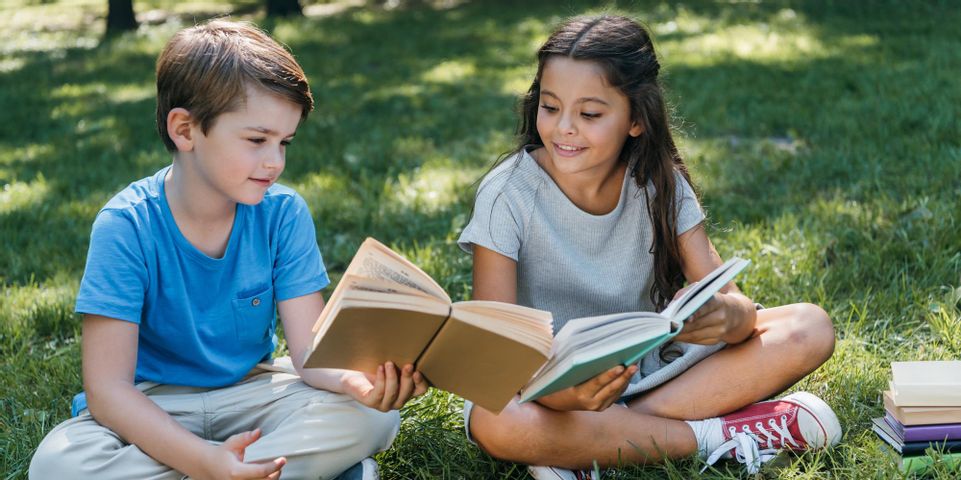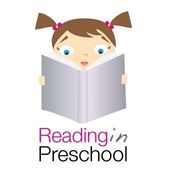3 Ways Reading Improves Your Child's Social Skills

Learning to read is a milestone in every child's education. Not only does the skill provide a level of independence, but it also helps improve social skills, especially for preschool-age learners. Here's a closer look at how the process encourages the development of these valuable life skills.
How Reading Improves Social Skills
1. Learn Communication Skills
Productive communication is the basis of all successful relationships, whether professional or personal. For that reason, learning how to effectively convey thoughts, feelings, and ideas, as well as how to respond appropriately to others' remarks is an essential component of childhood education. Literature offers examples of verbal exchanges and discussions, which allows the reader to pick up on social cues and figure out the correct responses based on the situation.
2. Determine Acceptable Behaviors
 Books expose children to a variety of personality traits, usually far more than they would interact with in daily life. The reactivity and decision-making of characters in stories allow children to observe and dissect behaviors and their reactions. It also opens up a discussion around certain types of interactions to help them decipher positive and negative behaviors.
Books expose children to a variety of personality traits, usually far more than they would interact with in daily life. The reactivity and decision-making of characters in stories allow children to observe and dissect behaviors and their reactions. It also opens up a discussion around certain types of interactions to help them decipher positive and negative behaviors.
3. Develop Empathy
One of the greatest challenges for children is developing empathy. For some kids, it's difficult to understand the depth of another person's reactions. However, reading helps them attain this quality by providing different perspectives. As a result, they learn how to imagine another person's thoughts and emotions and are able to put themselves in other people’s shoes.
Help your child take advantage of the skills provided by reading by contacting Reading in Preschool in New York City. The private tutoring company offers personalized education services to children between 2½ and 8 years of age. Visit them online to learn more about their reading tutors, or find out more how they can help your child by calling (917) 723-1159.
About the Business
Have a question? Ask the experts!
Send your question

